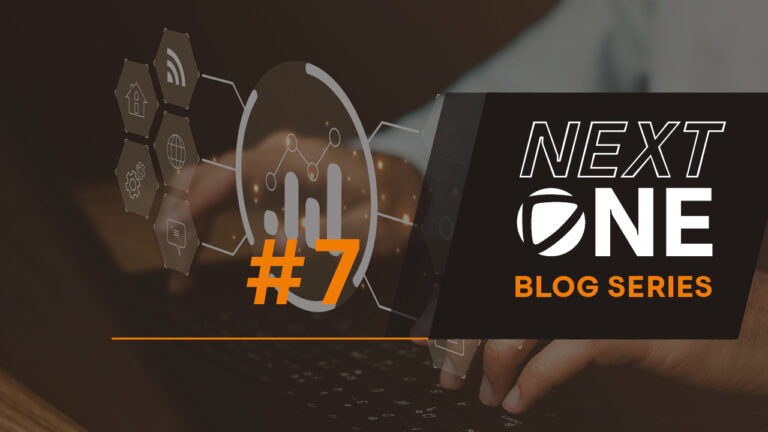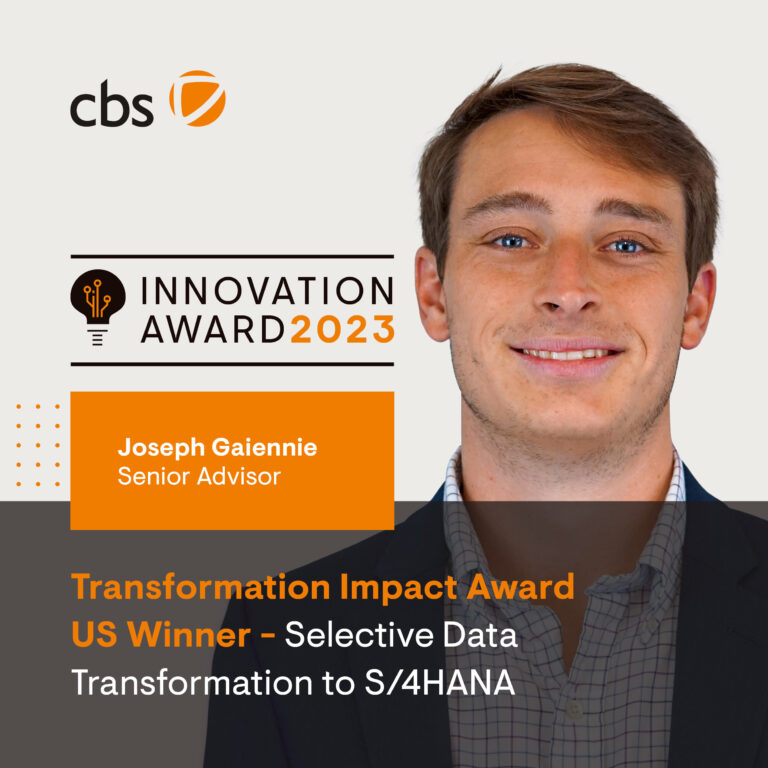
Sustainability is an imperative – and a significant success factor. The cbs.zero framework offers answers on how companies can successfully manage the transition to a more sustainable and future-proof organization.
It is difficult to deny the need to reduce greenhouse gas emissions and accelerate the transition to a low-carbon economy – the clock is ticking. National governments, global NGOs, businesses and civil society must work together to find adequate responses to climate change.
In business, the implementation of decarbonisation varies significantly, depending on the sector and company. The lack of transparency and uncertainty regarding political and legal frameworks are serious obstacles to the rapid implementation of sustainable approaches. Identifying meaningful, organisationally and financially feasible steps also poses challenges for companies.
Sustainability does not begin and end with decarbonisation. Environmental, Social, and Governance policies (ESG) also include reducing the overall environmental footprint along the value chain, including ensuring sustainable and ethical practices along supply chains. Socially responsible behaviour and issues such as diversity, inclusion and community engagement also need to be taken into account – if the issue is to be approached holistically.
This diversity of topics illustrates the complexity of the issue. In order to address the challenges of sustainable business, it is without question necessary to have clear visions and goals and, at the same time, face the journey with an open mind. Sustainability is a continuous process.
The cbs.zero framework
Don’t despair, everybody is at the beginning of this journey. And yet: the challenge must be approached in a structured way. With cbs.zero, we have developed a framework that takes into account environmental, social and governance factors for both corporate decisions and business processes. It enables our clients to integrate sustainability goals into their strategies and operational processes.

So how can we prepare for something that cannot be perfectly prepared for? First, we establish a holistic view of the current situation and possible future situations. The alliterative terms Record, Report, Improve and Innovate stand for this in our framework. The two dimensions Record and Report deal with the collection of data and the seamless provision of reports to demonstrate the current environmental and social footprint. With this solid data base, levers can be identified to effectively reduce the company’s harmful impact on people and the environment (Improve). The fourth dimension, Innovate, describes the replacement of products and services with more sustainable alternatives, such as digital products or intelligent bundling of services and physical products into a digital package.

The cbs.zero framework not only considers ecological aspects, but also includes social and governance-related issues. It is not only the value created for a few shareholders that counts, but that for all stakeholders and affected parties. Our framework aims to create real long-term value for companies and their stakeholders by embedding sustainability at the core of business decisions. We place a particular focus on sustainable and resilient supply chains, as this is where the greatest resource consumption naturally occurs.
What characterizes a good sustainability strategy?
Sooner rather than later, the vast majority of companies are faced with the task of drafting a long-term sustainability strategy and translating it into a realistic roadmap. The sustainability strategy must be firmly integrated into a future-oriented corporate strategy. Current and future challenges can no longer be solved with the tools and methods of the past. In particular, the will to innovate and transform is crucial. It is inevitable that companies will have to fundamentally rethink their value chains or even their entire business model to continue to be successful. For example, the steel manufacturer Salzgitter will in future rely on electricity from renewable sources to produce hydrogen which is used instead of coal to extract iron from iron ore and thus produce almost CO2-free “green” steel – a massive project that could prove extremely lucrative. Sustainable business is not detached from corporate strategy, but goes hand in hand with it. It is echoed in every area, be it production, purchasing or HR. For a Sustainability strategy, it is also important to pursue a holistic approach that includes environmental, social and governance-related aspects.
Clear and measurable targets are essential to track progress and provide a basis for monitoring and reporting. This requires robust data, the collection of which is a multidisciplinary endeavour. ESG data is not just about environmental performance – social and financial impacts, supply chain data and stakeholder engagement also have to be captured. This requires entirely new approaches, especially digital ones. There are already promising solutions from SAP in particular, such as the SAP Sustainability Control Tower or SAP Responsible Design and Production.
It is also necessary to identify the most relevant stakeholders and take their interests and expectations into account. New analogue and digital tools and approaches can help to promote real dialogue beyond mutual declarations of intent. A clear communication strategy is also needed to raise awareness of sustainability and to foster the engagement of employees, customers and other stakeholders and, at best, to provide real-time information on sustainability goals and progress.
The challenge is not trivial: long-term transformation, continuous improvement, innovative solutions, new technologies and best practices must be combined in the long-term development of an organization under the umbrella of sustainability. But we owe it to ourselves and to future generations to address these issues and to make our approach and goals transparent. Freely adapted from Greta: The house is indeed on fire, and we can’t put it out with a little bucket.
Your Contact



